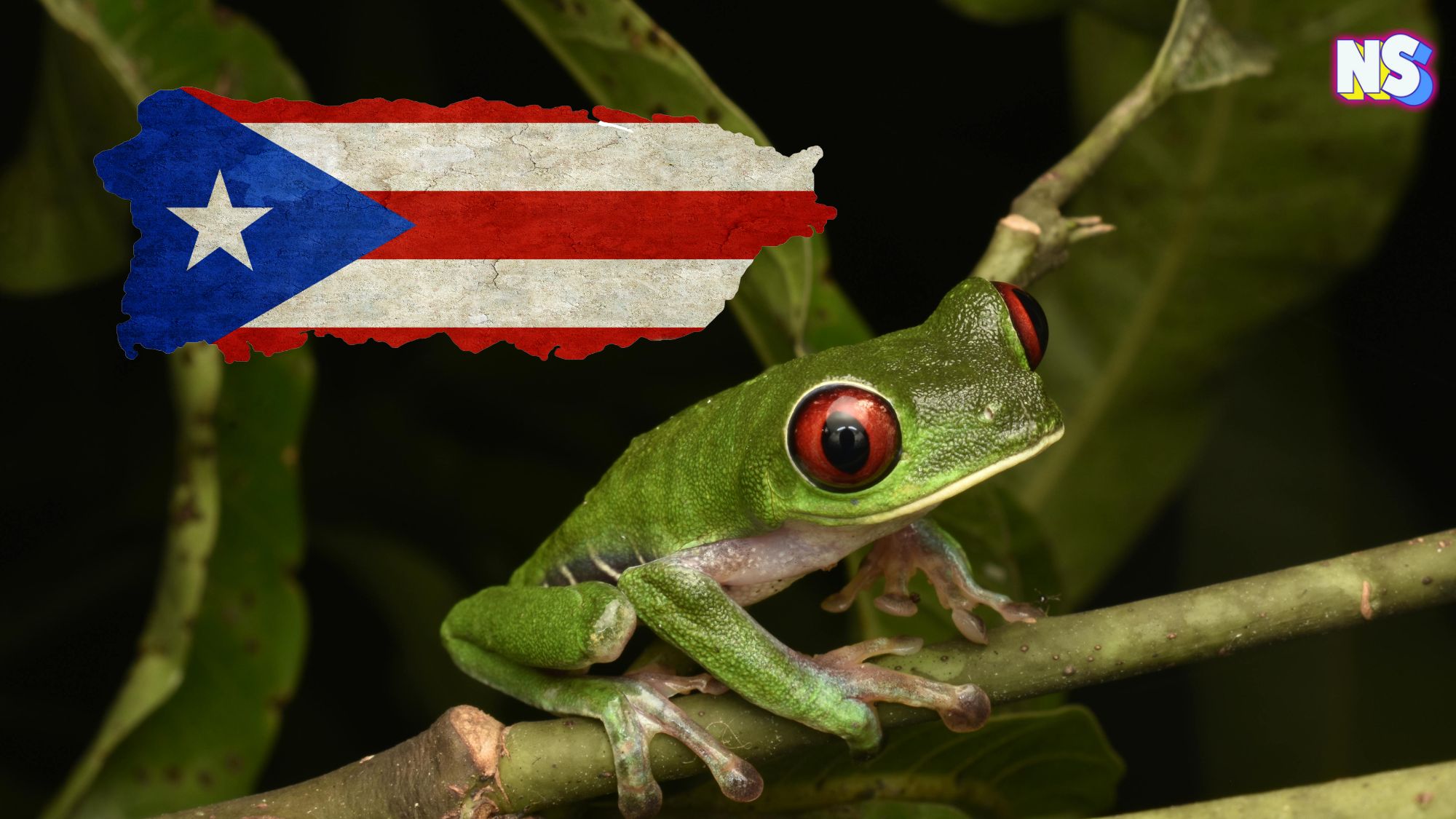We’ve all said it at one point in our lives, right? It’s “adiós,” that dramatic, one-word goodbye that Spanish-speakers, and others, have been tossing out since the Middle Ages. But where exactly did “adiós” come from, and why is it less popular than a casual “hasta luego” nowadays? Here’s a brief history of “adiós,” our favorite, not-yet-forgotten, old timey farewell.
@aprildgr8 It may seem obvious to you but it most definitely wasn’t for me ???? #spanish #english #learnspanish #handmaidstale #praisedbe #humor #fy #fyp #foryou
♬ Hammock’s Dream – Projēct Sunlight
A Brief History of Adiós
The origins of “adiós” in the English language go all the way back to the 15th century, born in the religious traditions of medieval Spain. “The earliest known use of the word adios is in the late 1500s,” the Oxford English Dictionary explains. “OED’s earliest evidence for adios is from 1592, in the writing of Thomas Lodge, author and physician.”
The word literally translates to “to God,” but many believe it’s an abbreviated form of “vaya con Dios,” which would be “go with God.”
RELATED POST: Beyond ‘Hola’: Exploring Spanish Phone Greetings
Then again, according to the Online Etemology Dictionary, the word comes from the phrase “a dios vos acomiendo ‘I commend you to God;’ the French form is adieu.”
Either way, this goodbye was a wish for divine protection when someone was about to leave. You weren’t just saying goodbye to someone you may not see again. You were entrusting someone to God’s care. “Adios” was basically a prayer wrapped in a word.
And, as explorers crossed the seas, and the Spanish language spread across the Americas, so did this sacred farewell.
Why ‘Adios’ is Becoming Outdated
From music to action movies, “adiós” is probably the most popular farewell phrase. But, here’s the thing, though: “Adios” might be a classic, but these days it’s considered a little … formal. Or overly dramatic.
You’re not going to tell your friend “adios” after a coffee date unless you’re planning on moving to another continent and maybe disappearing for about a decade. In many Spanish-speaking cultures, it’s just too final-sounding, almost like you’re signing off forever.
Instead, modern Spanish offers more casual, less existentially heavy options. “Hasta luego” (which means “until later”) is a popular pick, along with “nos vemos” (which translates to “we’ll see each other”). These phrases are both light, cheerful, and imply that you’re totally planning to see them again soon.
@speakspanishfaster Don’t Always Say Adios ✌????#learnspanish #learnspanishfast #learnspanishwithme #fyp #foryoupage #spanishteacher
♬ original sound – Speak Spanish Faster





